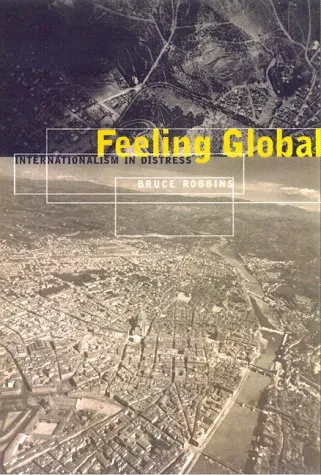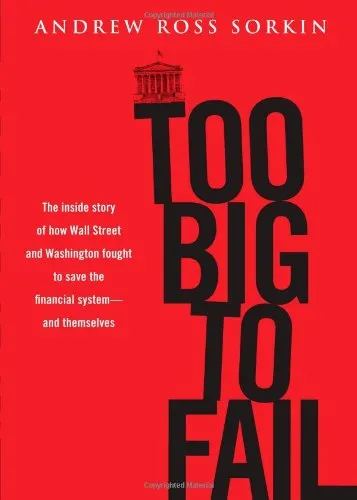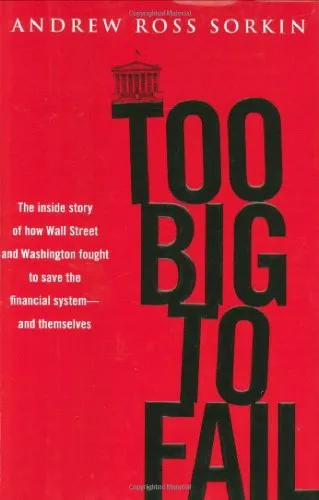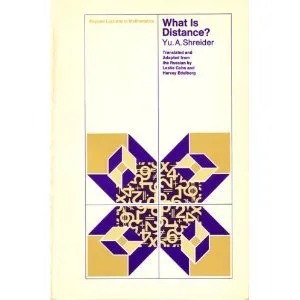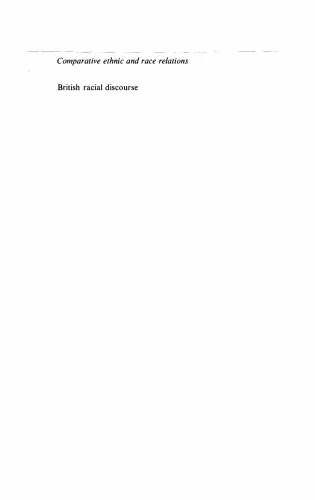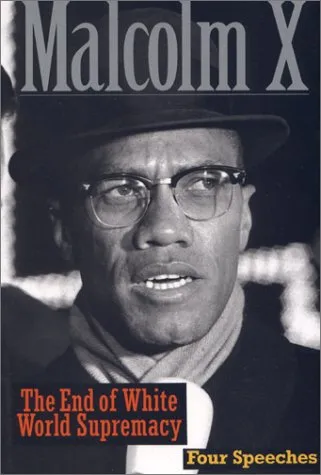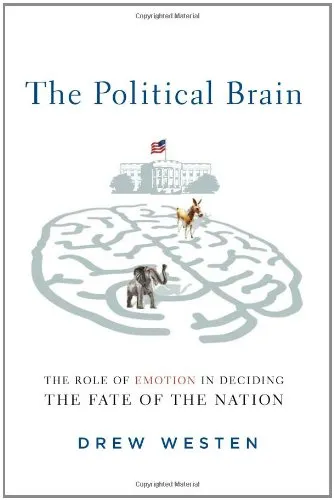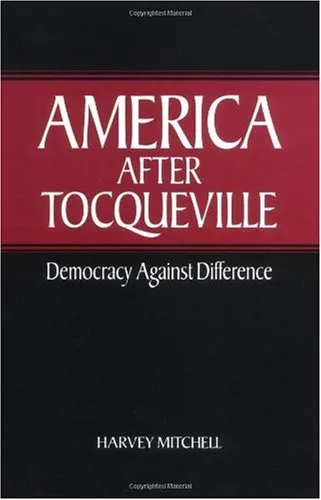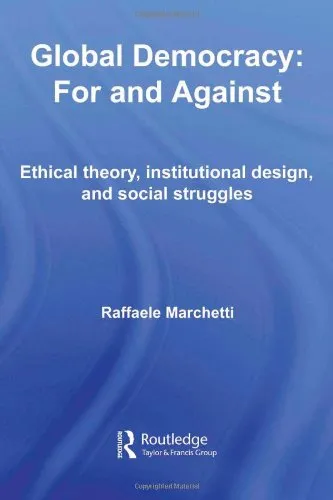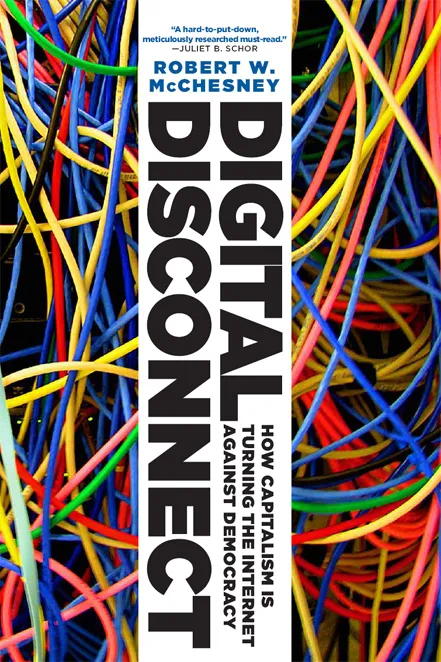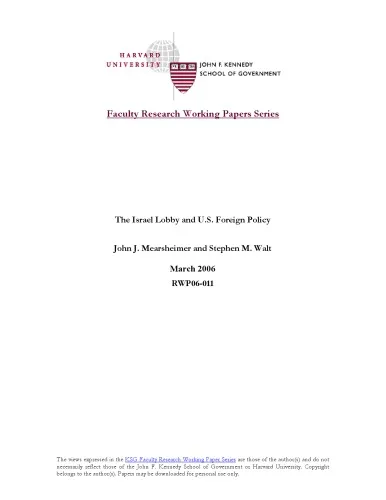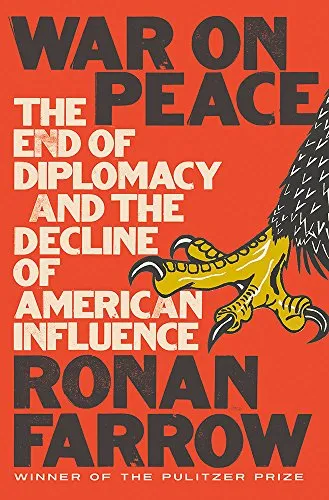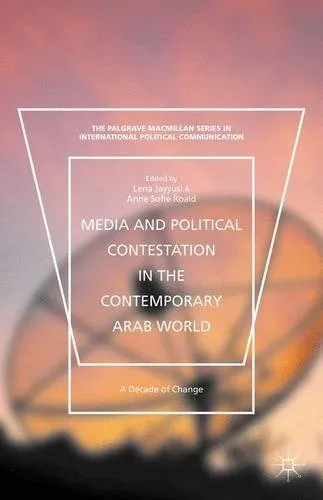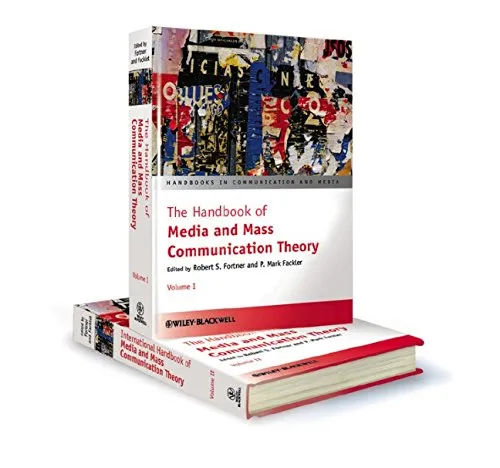Feeling Global: Internationalism in Distress (Cultural Front)
4.9
Reviews from our users

You Can Ask your questions from this book's AI after Login
Each download or ask from book AI costs 2 points. To earn more free points, please visit the Points Guide Page and complete some valuable actions.Related Refrences:
Introduction to Feeling Global: Internationalism in Distress (Cultural Front)
In a rapidly globalizing world, the concept of internationalism has never been more urgent yet precarious. Feeling Global: Internationalism in Distress, authored by Bruce Robbins, explores the tensions, challenges, and contradictions surrounding the idea of global citizenship and solidarity in a time of cultural and political transformation. This book invites readers to reflect deeply on the meaning of belonging, community, and shared responsibility beyond national borders, providing both a critique and a passionate defense of internationalism.
Written with clarity and depth, the book addresses key debates in global theory, postcolonialism, and cultural studies. Robbins positions internationalism not as an outdated or naive ideal but as an evolving and contested reality that demands critical engagement. In doing so, he skillfully intertwines personal reflection, historical analysis, and theoretical inquiry to craft a narrative that is both thought-provoking and grounded in contemporary life.
Detailed Summary of the Book
At its heart, Feeling Global: Internationalism in Distress grapples with the concept of internationalism in an era marked by globalization, neoliberal economics, and political fragmentation. Robbins begins by tracing the historical roots of internationalism, providing context and background for its rise as a moral and cultural ideal. He reflects on the ways internationalism has been embraced and, conversely, critiqued as either a form of solidarity or a tool of imperial dominance.
One of the book’s central themes is the ambivalence surrounding globalization. While globalization connects nations and fosters interdependence, it also exacerbates inequalities, both between and within nations. Robbins examines these contradictions and asks whether internationalism can be reconciled with the troubling realities of global inequality, exploitation, and environmental degradation.
He delves into specific case studies, cultural artifacts, and theoretical frameworks to illustrate how internationalism is represented and contested in literature, film, and politics. Through this analysis, Robbins challenges readers to confront their own assumptions about privilege, cosmopolitanism, and the role of cultural production in fostering a global consciousness. Ultimately, Robbins argues that acknowledging the imperfections and struggles of internationalism is a necessary step in preserving its emancipatory potential.
Key Takeaways
- Internationalism remains a vital, though deeply contested, concept in the modern world.
- Globalization is both an opportunity for solidarity and a source of inequality; both aspects must be critically examined.
- Cultural production, such as literature and film, plays a significant role in shaping global awareness and encouraging cross-cultural empathy.
- Acknowledging the flaws and tensions within internationalism allows for a more honest and sustainable reimagining of global solidarity.
- Personal and collective responsibility are central to a meaningful practice of internationalism in the 21st century.
Famous Quotes from the Book
Why This Book Matters
Feeling Global: Internationalism in Distress is an essential read for anyone invested in understanding the complexities of the modern world. Robbins’ insights into the tensions and possibilities of internationalism offer a much-needed perspective on how we relate to one another in an increasingly interconnected yet divided world.
This book matters because it challenges readers to think beyond their national or cultural boundaries and to engage with the deeply ethical questions of global belonging. Robbins does not shy away from critique, but his commitment to the ideals of internationalism is unwavering. For students and scholars of cultural studies, postcolonial theory, and global politics, this book provides both a roadmap and a call to action for imagining a better, more inclusive world.
Free Direct Download
You Can Download this book after Login
Accessing books through legal platforms and public libraries not only supports the rights of authors and publishers but also contributes to the sustainability of reading culture. Before downloading, please take a moment to consider these options.
Find this book on other platforms:
WorldCat helps you find books in libraries worldwide.
See ratings, reviews, and discussions on Goodreads.
Find and buy rare or used books on AbeBooks.
1319
بازدید4.9
امتیاز0
نظر98%
رضایتReviews:
4.9
Based on 0 users review
Questions & Answers
Ask questions about this book or help others by answering
No questions yet. Be the first to ask!
